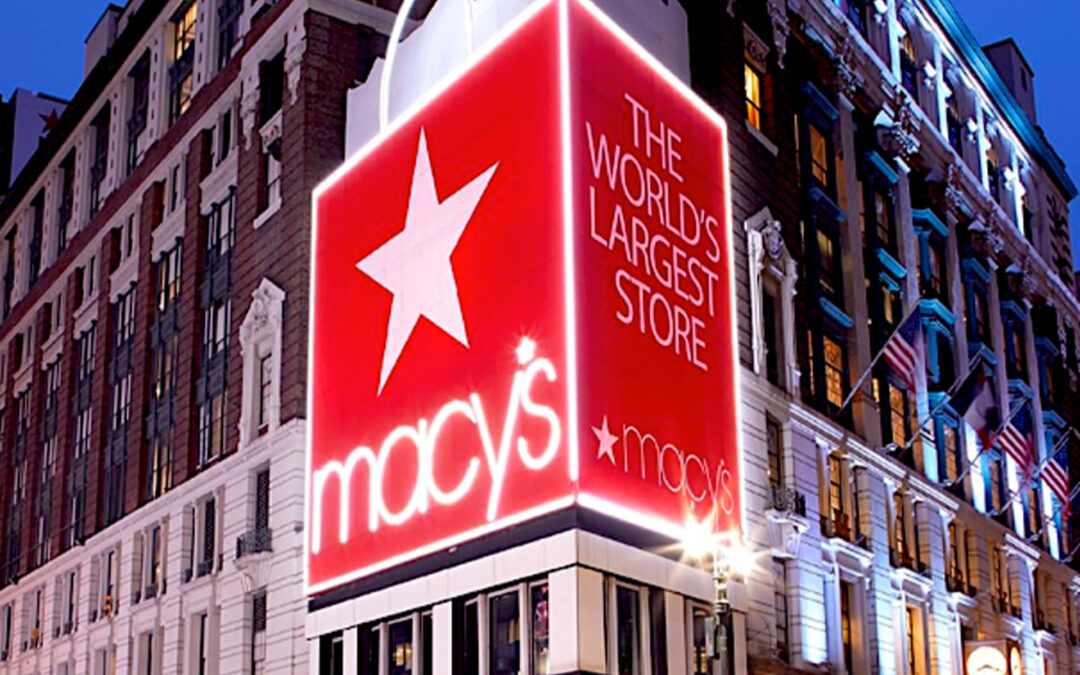National Retail Federation Chief Economist Jack Kleinhenz stated as part of NRF’s Monthly Economic Review that typical indicators are providing conflicting signs, but he added the nation does not appear to be in a recession and should be headed toward a soft landing from the inflation and high interest rates of the past two years.
NRF also issued a statement asking the Biden Administration to intervene in West Coast port labor negotiations. The statement from David French, NRF senior vice president, government relations, follows reports of shutdowns at the Ports of Oakland and Los Angeles over the weekend. Port disruptions, which could have consequences for the overall economy, occurred as the International Longshore and Warehouse Union and the Pacific Maritime Association continued to fail in reaching and ratifying a new labor agreement after more than a year of negotiations.
Kleinhenz, meanwhile, said the prime interest rate increases by the United States Federal Reserve in an effort to control inflation have been slowing the economy but not so much as to tip it into a recession. Revised data demonstrates that gross domestic product grew at an annualized rate of 1.1% in the first quarter rather than the original estimate of 1.3%. Then, the average of GDP and gross domestic income — a measure of everything earned during production and often a bellwether of revisions to GDP — decreased by 0.5% in the first quarter following a decrease of 0.4% in the fourth quarter. Kleinhenz said he expects GDP to grow about 1% this year.
Kleinhenz maintained the latest state coincident indexes of economic data produced by the Federal Reserve Bank of Philadelphia have increased in every state except Alaska in the past three months, “suggesting that we are not in a recession.” A study by the Federal Reserve Bank of St. Louis determined at least half of the indexes must indicate negative growth to provide reasonable confidence that the nation’s economy is in recession.
Personal consumption was up 6.7% year over year in April, while personal disposable income gained 4.7%, indicating that “the economy is holding up better than many have argued,” Kleinhenz said. Year-over-year inflation as measured by the Personal Consumption Expenditures Price Index ran at 4.4% in April versus 4.9% in the first quarter and 5.7% in the fourth quarter.
“Today’s economy is a lot like looking into a kaleidoscope, with the view changing and the data providing a different reflection of what’s happening every time you look,” Kleinhenz said. “Depending on which data you view in the economic kaleidoscope, you get two different angles on the state of the consumer. While survey data shows consumers do not have much confidence in the economy, actual spending data shows they were upbeat as the second quarter kicked off. Consumer spending has been bolstered by a strong job market and rising wages, which have helped counter rising prices and higher borrowing costs. While it’s difficult to reconcile these views, what we’ve learned over the last several years is don’t count the American consumer out, at least not yet.”





